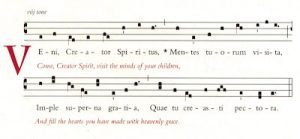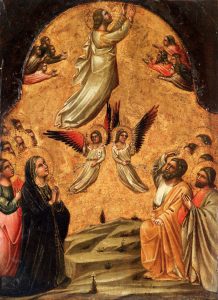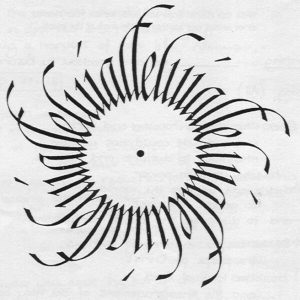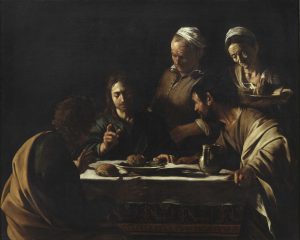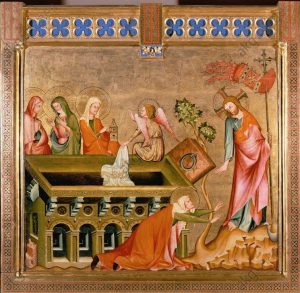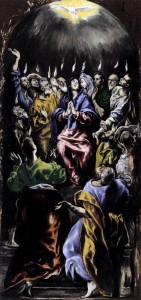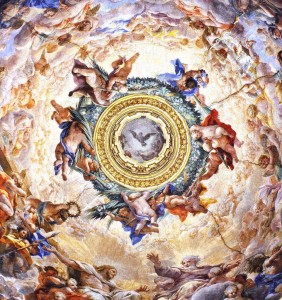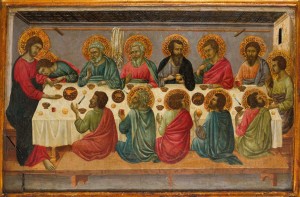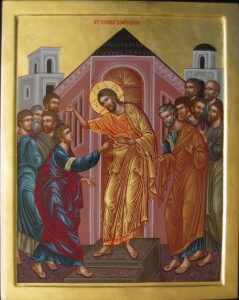 Today is Thomas Sunday. Also known by other names, Low Sunday and now Divine Mercy Sunday. The Church asks to make connections between what we commemorate in the Incarnation and the Resurrection. Today is a fitting day to account for our faith in what the Lord said and did was true.
Today is Thomas Sunday. Also known by other names, Low Sunday and now Divine Mercy Sunday. The Church asks to make connections between what we commemorate in the Incarnation and the Resurrection. Today is a fitting day to account for our faith in what the Lord said and did was true.
St. Thomas gives witness: what do we believe and what do we do? St. Thomas also opens for us the new mission given my the Lord Himself began when the Father missioned Him. Consider a few things taught in the Catechism we read:
“Jesus is often addressed as “Lord” in the gospels as a sign of respect and trust. In the encounter with the risen Jesus, this title becomes adoration: “My Lord and my God!” (Jn 20.28) and “It is the Lord!” (Jn 21.7). (CCC 448)
“When his visible presence was taken from them, Christ did not leave his disciples orphans but remained with them to the end of time by the outpouring of the Holy Spirit. As a result, our communion with Jesus has become in a way more intense.” (CCC 788).
AND
“Jesus is the Father’s Emissary, the one the Father has sent. Jesus, in turn, chooses and sends out the Twelve to preach in his name (Mk 3.13-14). These are his emissaries (Greek apostoloi), in whom Christ continues his own mission: “As the Father has sent me, even so I send you” (Jn 20.21) and “He who receives you receives me” (Mt 1.40; Lk 10.16). (CCC 858).
The full appreciation of the Paschal Mystery maintains a connection with the Feast of the Nativity. Archbishop DiNoia recently preached the following:
The Resurrection of Christ is in a real sense the fulfillment of the Annunciation when Mary’s fiat opened the way to our redemption, and her own. The body of our risen Lord—the same body he offered in sacrifice on the cross—was the body he received from Mary in the womb. What is more, Easter has made her what we hope to be as well. “Welcoming the risen Jesus, Mary is … a sign and anticipation of humanity which hopes to achieve its fulfilment through the resurrection of the dead” (Pope St. John Paul II, General Audience, 21 May 1997). Our Lady is the first one to share in the resurrection of her Son, the first fruits, as it were, of Easter: assumed into heaven and now reigning as Queen of Heaven, she anticipates the resurrection of our bodies and the life of bliss to come. How easy it is to imagine with Sedulius that she who was “the way by which he once came to us, might also signal his return.”
At Easter, we call on Mary to rejoice—Regina coeli, laetare—thus “prolonging in time the ‘rejoice’ that the Angel addressed to her at the Annunciation” (Pope St. John Paul II, General Audience, 21 May 1997). While the (probably Franciscan) author of this wonderful antiphon is unknown, there is a beautiful legend that Pope St. Gregory the Great—as he followed barefoot in procession with St. Luke’s icon of Mary—heard angels singing the first lines, and added what would become the antiphon’s concluding line: “Ora pro nobis Deum, Alleluia.”
Archbishop J. Augustine DiNoia, O.P.
April 16, 2017
DHS
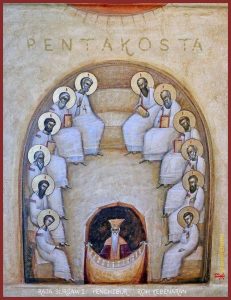 Creation, now marked by the saving sign of the Cross, has been enveloped in the redeeming love of the Holy Trinity. Now through Pentecost, and by the grace of the Holy Spirit (who becomes our divine mother in holy Baptism), nature has been transformed, and our humanity has taken-on the gifts of divine grace. Thus, we no longer know ourselves by the physical qualities of our existence in this world; but rather by the saving love of Christ who said: “I will not leave you orphans,” opening for us the gateway to Heaven, and transforming our lives through his Holy Spirit — into the newness of the Life with the Divine Trinity.
Creation, now marked by the saving sign of the Cross, has been enveloped in the redeeming love of the Holy Trinity. Now through Pentecost, and by the grace of the Holy Spirit (who becomes our divine mother in holy Baptism), nature has been transformed, and our humanity has taken-on the gifts of divine grace. Thus, we no longer know ourselves by the physical qualities of our existence in this world; but rather by the saving love of Christ who said: “I will not leave you orphans,” opening for us the gateway to Heaven, and transforming our lives through his Holy Spirit — into the newness of the Life with the Divine Trinity.